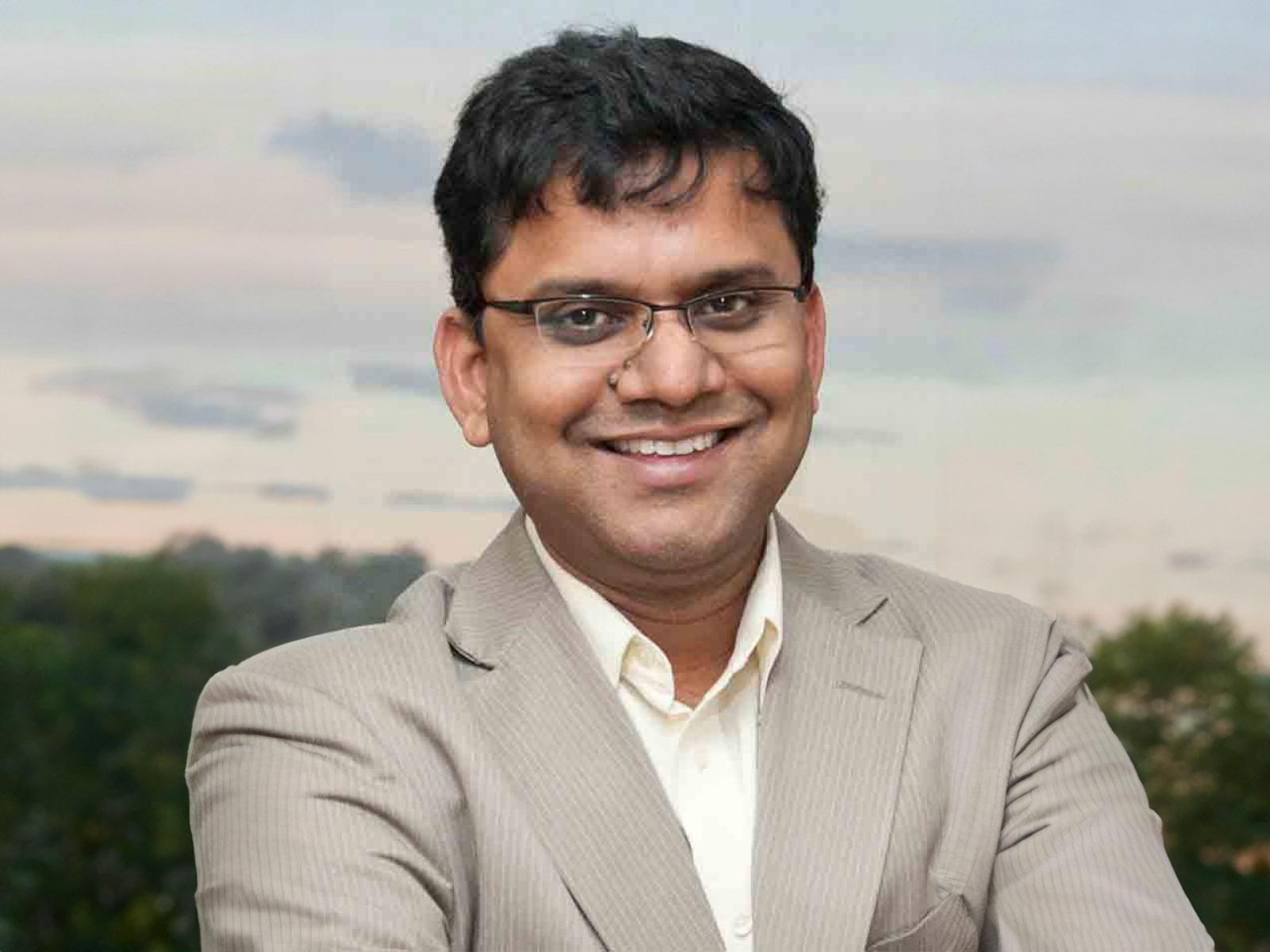Ganguly Recognized as Distinguished Member by the Association for Computing Machinery
Auroop Ganguly, a chief scientist and joint appointee at PNNL, receives high honor from world’s largest computer science society

Auroop Ganguly
(Photo: Northeastern University media relations)
Auroop Ganguly, a chief scientist and joint appointee at Pacific Northwest National Laboratory (PNNL), was recently selected as a Distinguished Member of the Association for Computing Machinery (ACM). One of 52 new ACM Distinguished Members recognized for 2023, Ganguly is a professor of civil and environmental engineering at Northeastern University in Boston, MA, and has a core research focus in computational science.
ACM is the largest computer science society in the world and seeks to “advance computing as a science and a profession.” With more than 100,000 members worldwide, ACM fosters a global network of computing professionals that spans a variety of countries and technical fields.
The 2023 Distinguished Members are all long-time ACM members who were selected for “significant contributions… for work that has advanced computing, fostered innovations across various fields, and improved computer science education.”
In his joint role as a chief scientist in PNNL’s Advanced Computing, Mathematics, and Data Division, Ganguly’s work and research has long been aligned with ACM’s core principles.
“I have been a Fellow of the American Society of Civil Engineers since 2019, which is my ‘home’ in terms of my academic training and affiliation,” says Ganguly. “But my work is and has primarily been computational over the course of my career. This recent recognition from ACM is an honor in terms of what I do and in being recognized outside engineering.”
ACM’s selection of Ganguly as a Distinguished Member is based on his “foundational advances, sustained service, and entrepreneurial accomplishments in climate data mining and machine learning.”
Long-term collaboration leads to long-term success
At PNNL, Ganguly and his long-time collaborator, Sam Chatterjee—a senior data and operations research scientist at PNNL and also a joint appointee—have been active in and are leading several joint PNNL-Northeastern University projects. The award-winning Multigraphs project—funded by the Department of Homeland Security’s Cybersecurity and Infrastructure Security Agency—deals broadly with National Critical Functions.
“NICE: Networked Infrastructures under Compound Extremes,” a project led by Ganguly and co-led by Chatterjee, aspires to develop theory and methods that can help Department of Defense installations and bases be resilient to compound threats from a variety of fronts, including natural hazards and terror organizations. NICE tackles these challenges based on network science and system dynamics theory, resulting in principles that are generalizable to a variety of applications.
Ganguly and Chatterjee are also working together on a third project, "Machine Intelligence for Effective Threat Deterrence and Risk Mitigation at Soft Targets and Crowded Places," with SENTRY (Soft Target Engineering to Neutralize the Threat Reality). A multi-institution Department of Homeland Security Science and Technology Center of Excellence led by Northeastern University, SENTRY intends to create functional and adaptable solutions to detect and mitigate targeted violence to enhance safety and security for soft targets and crowded places, such as schools, surface transportation, and stadiums.
Looking toward the future
Alongside his current expansive work portfolio and in-progress projects, Ganguly is thinking about the future. Combined, his breadth of experience spanning computational work to environmental engineering, including industry, national laboratory, and academic settings, has informed his interest in entrepreneurial and policy spaces.
“Each individual can only do so much. Disciplinary boundaries may well be important and necessary—being able to balance the intersections and transcend these boundaries to tackle grand challenges and find solutions to key problems is an important focus of my future work,” says Ganguly.
Published: March 1, 2024